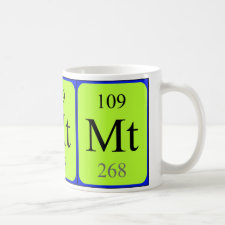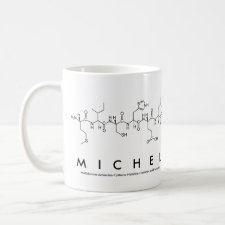
Authors: Gagné MR, Vinson S
Article Title: Macroporous organic polymers as hosts for late metal catalysts: Molecular imprinting effects in catalysis.
Publication date: 2001
Journal: Abstracts of Papers of the American Chemical Society
Volume: 221
Issue: (INOR)
Page numbers: 298.
Abstract: This presentation will focus on the ability of macroporous organic polymers (highly crosslinked, insoluble materials with a permanent pore structure) to host transition metal catalysts. These permanent pores allow solvents and substrates that might otherwise be "non-solvents" for the polymer support to access the interior sites. Strategies for supporting transition metal catalysts within these media and their application in biphasic catalysis will be discussed (e.g. fluorous/ organic, sc C02, aqueous/organic). Since these highly crosslinked materials have also been optimized for molecular imprinting, experiments to utilize associated chiral cavities as a strategy for controlling transition metal reaction selectivities will be discussed



Join the Society for Molecular Imprinting

New items RSS feed
Sign-up for e-mail updates:
Choose between receiving an occasional newsletter or more frequent e-mail alerts.
Click here to go to the sign-up page.
Is your name elemental or peptidic? Enter your name and find out by clicking either of the buttons below!
Other products you may like:
 MIPdatabase
MIPdatabase









